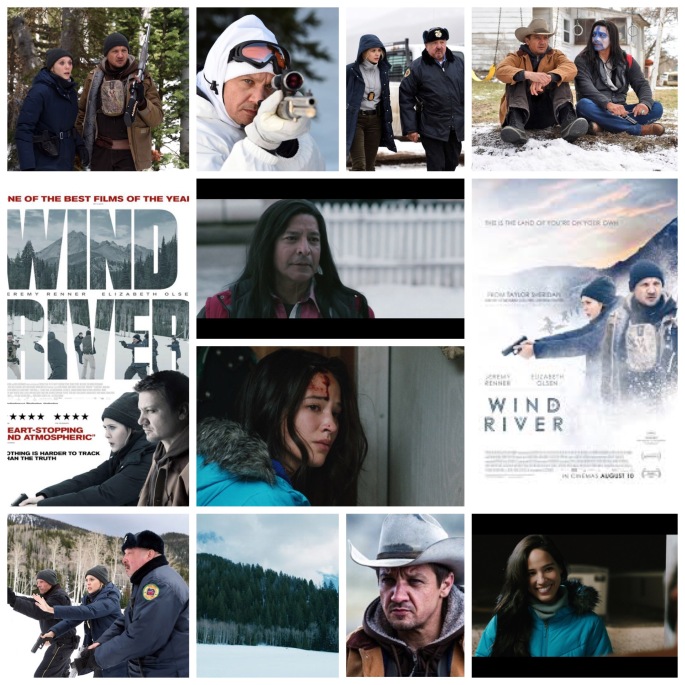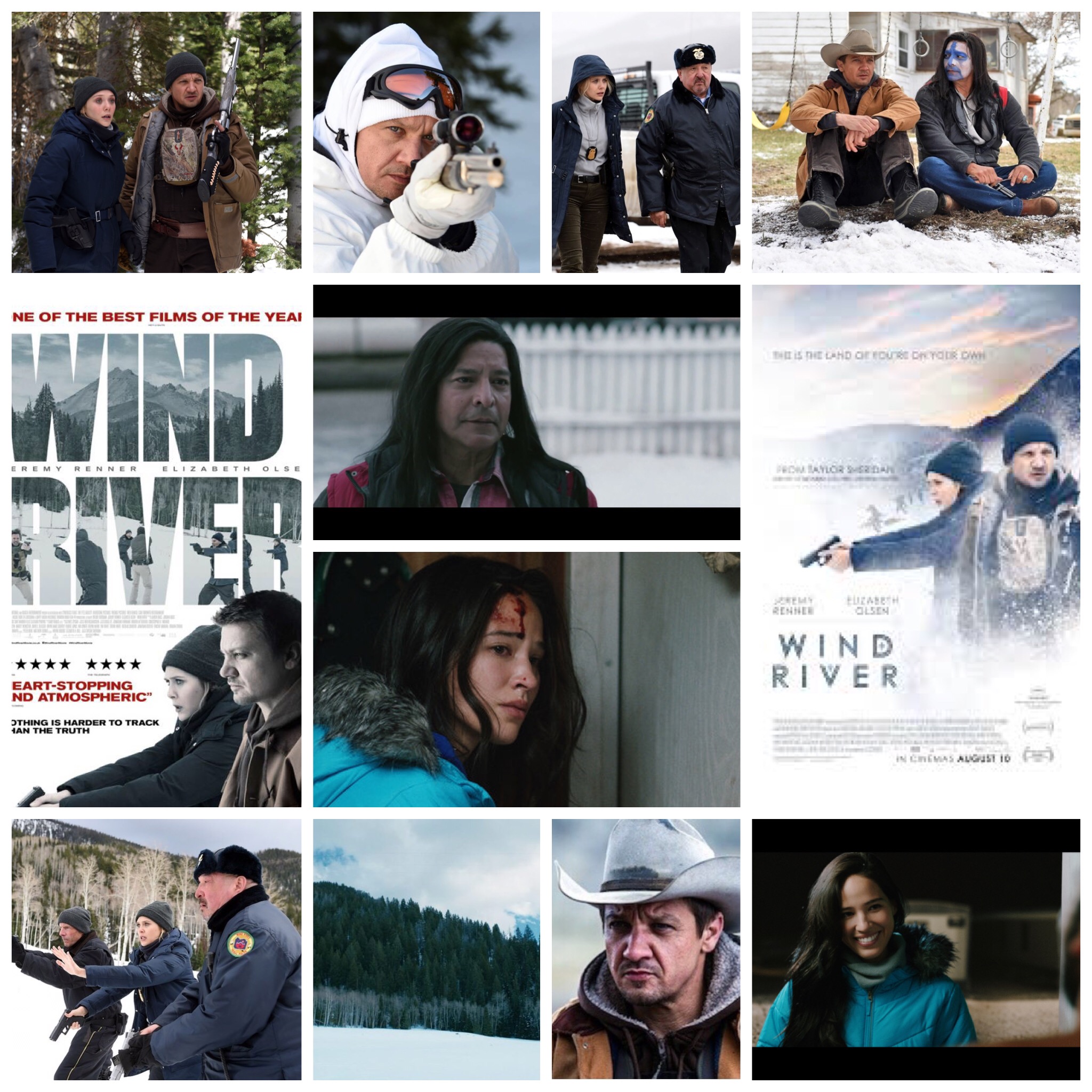
I’ve read lots of reviews that go ahead and dismiss Edward Zwick’s Legends Of The Fall as just another schmaltzy post civil war melodrama like Hollywood used to do a lot in the golden age, and this film is certainly reinforced by and reminiscent of that aesthetic but to say it’s just hollow romantic fluff with good scenery is to miss out on real darkness, complex human characters and a deep, tragedy soaked narrative that is quite a bit more ruthless and unforgiving towards its characters than this type of gorgeous big budget historical piece usually is. The setting is Montana (filmed in Alberta though, because those Yanks can’t let our superior Canadian scenery speak for itself) sometime before the start of World War 1. Ex Colonel William Ludlow (Anthony Hopkins) lives a peaceful life on a sprawling ranch with his three sons, Tristan (Brad Pitt), Alfred (Aiden Quinn) and Samuel (Henry Thomas). The Colonel is a fiercely antiwar fellow having seen more than his fair share of combat and wishes to shield his sons from the horrors of war, but Samuel incites the other two with his idealistic nature and soon the trio is off to France to play in the trenches. This and the complex relationship the entire family has with Samuel’s fiancée Susannah (Julia Ormond) maps out a tangled web of malcontent, shifting romances and uneasy relationships as war, tragedy and crime make their mark on changing landscapes both physical and mental within this clan. Brad Pitt’s Tristan is the lynchpin of the story, an untamed halfbreed who has a good soul but seems to be a magnet for darkness and destruction, a nature that follows him no matter where he goes in the world, or who he loves. Quinn makes stately, resentful work of Alfred, Thomas is the baby-faced kid of the family who Tristan fiercely tries to protect in wartime scenes that depict harrowing, elemental carnage. Hopkins’ Ludlow has a warrior’s heart that has long since turned to peace with the wilderness and his family around him, until times get tough again. Ormond is quiet, dignified and heartbreaking as a girl who starts off the film having lost her own family and unfortunately is headed towards the same gauntlet with the Ludlows. The supporting cast is composed of excellent work from Tantoo Cardinal, Karina Lombard, Kenneth Welsh, Bill Dow, Gordon Tootisis, John Novak, Paul Desmond and Bart the Bear. I’ll listen to any arguments saying this movie is Hollywood melodrama and be in a modicum of agreement but that doesn’t make it bereft of substance, spirit or vitality. The characters are all immensely well drawn, starting with Hopkins’s patriarch who has seen what his former cavalry did to the indigenous tribes and has tried to purge that trauma from his being by spending the rest of his life being kind. Pitt’s Tristan is a supernova of the plains, the kind of character who makes an entrance followed by a literal flock of wild mustangs and it doesn’t even come across as silly because the film is so earnest. James Horner contributes a swelling orchestral score that is every bit as majestic as the jaw dropping cinematography and emotional as the narrative beats. Zwick did a small handful of these big sky, super emotional historical epics in his heyday including Glory, The Last Samurai and Blood Diamond, but this has to be my favourite. It’s such a potent, full blooded film and looks just spectacular on Blu Ray.
-Nate Hill






